DILTIAZEM EXTENDED-RELEASE TABLET - ORAL
PHONETIC PRONUNCIATION: (dil-TYE-a-zem)
COMMON BRAND NAME(S): Cardizem LA
GENERIC NAME(S): diltiazem HCl
Uses
USES: Diltiazem is used to treat high blood pressure (hypertension) and prevent chest pain (angina). Lowering high blood pressure helps prevent strokes, heart attacks, and kidney problems. When used regularly, diltiazem can decrease the number and severity of episodes of chest pain from angina. It may help increase your ability to exercise. Diltiazem is called a calcium channel blocker. It works by relaxing blood vessels in the body and heart so blood can flow more easily. Diltiazem also lowers your heart rate. These effects help the heart work less hard and lower blood pressure.
How to use DILTIAZEM EXTENDED-RELEASE TABLET - ORAL
HOW TO USE: Take this medication by mouth with or without food, usually once daily at the same time or as directed by your doctor. Do not crush or chew extended-release tablets. Doing so can release all of the drug at once, increasing the risk of side effects. Also, do not split the tablets unless they have a score line and your doctor or pharmacist tells you to do so. Swallow the whole or split tablet without crushing or chewing. Depending on your specific brand, take this medication either in the morning or at bedtime as directed. Consult your pharmacist if you have any questions about when to take the medication. Your doctor may gradually increase your dose. Follow your doctor's instructions carefully. The dosage is based on your medical condition, response to treatment, and other medications you may be taking. Be sure to tell your doctor and pharmacist about all the products you use (including prescription drugs, nonprescription drugs, and herbal products). Use this medication regularly to get the most benefit from it. To help you remember, use it at the same time each day. It is important to continue taking this medication even if you feel well. Most people with high blood pressure do not feel sick. For the treatment of high blood pressure, it may take 2 weeks before you get the full benefit of this drug. This medication must be taken regularly to prevent angina. It should not be used to treat angina when it occurs. Use other medications (such as nitroglycerin placed under the tongue) to relieve an angina attack as directed by your doctor. Consult your doctor or pharmacist for details. Tell your doctor if your condition worsens (for example, your chest pain worsens or your routine blood pressure readings increase).
Side Effects
Precautions
Interactions
Overdose
Images
Reviews
Faq for DILTIAZEM EXTENDED-RELEASE TABLET - ORAL
Diltiazem extended-release tablet is used to treat high blood pressure and chest pain (angina). It may also be used to treat certain heart rhythm disorders.
Diltiazem extended-release tablet belongs to a class of medications called calcium channel blockers. It works by relaxing and widening the blood vessels, allowing for easier blood flow and reducing the workload on the heart.
Common side effects of Diltiazem extended-release tablet may include dizziness, headache, flushing, nausea, and constipation. Contact your doctor if you experience severe side effects such as slow heartbeat, fainting, swelling, or allergic reactions.
Diltiazem extended-release tablet should be taken orally as directed by your doctor, usually once or twice daily. It should be swallowed whole, without crushing or chewing. Follow your doctor's instructions carefully and do not stop taking the medication abruptly without consulting your doctor.
Diltiazem extended-release tablet may interact with other medications, including certain antibiotics, antifungal drugs, and medications for high blood pressure. Inform your doctor about all the medications you are currently taking to avoid potential interactions.
Avoid consuming grapefruit or grapefruit juice while taking Diltiazem extended-release tablet, as it may increase the levels of the medication in your blood, leading to potential side effects.
Diltiazem extended-release tablet should only be used during pregnancy if clearly needed, as it may harm the unborn baby. It is not recommended to breastfeed while taking this medication, as it may pass into breast milk and harm the nursing infant.
If you miss a dose, take it as soon as you remember. However, if it is close to the time for your next dose, skip the missed dose and resume your regular dosing schedule. Do not double the dose to catch up.
Diltiazem extended-release tablet should not be stopped abruptly without consulting your doctor, as it may lead to worsening of your condition. Your doctor may need to gradually reduce your dose over time.
Disclaimer
IMPORTANT: HOW TO USE THIS INFORMATION: This is a summary and does NOT have all possible information about this product. This information does not assure that this product is safe, effective, or appropriate for you. This information is not individual medical advice and does not substitute for the advice of your health care professional. Always ask your health care professional for complete information about this product and your specific health needs.
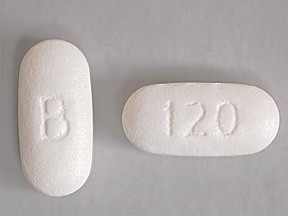
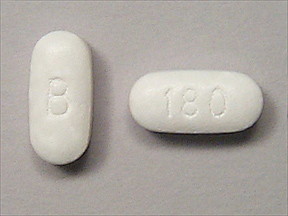
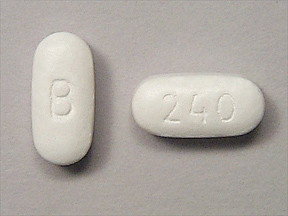
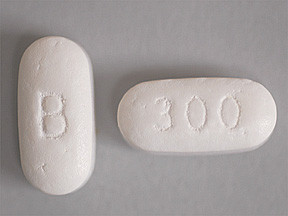
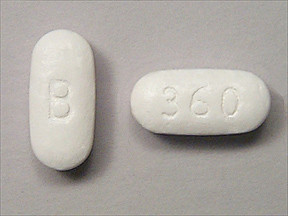
No Reviews Yet